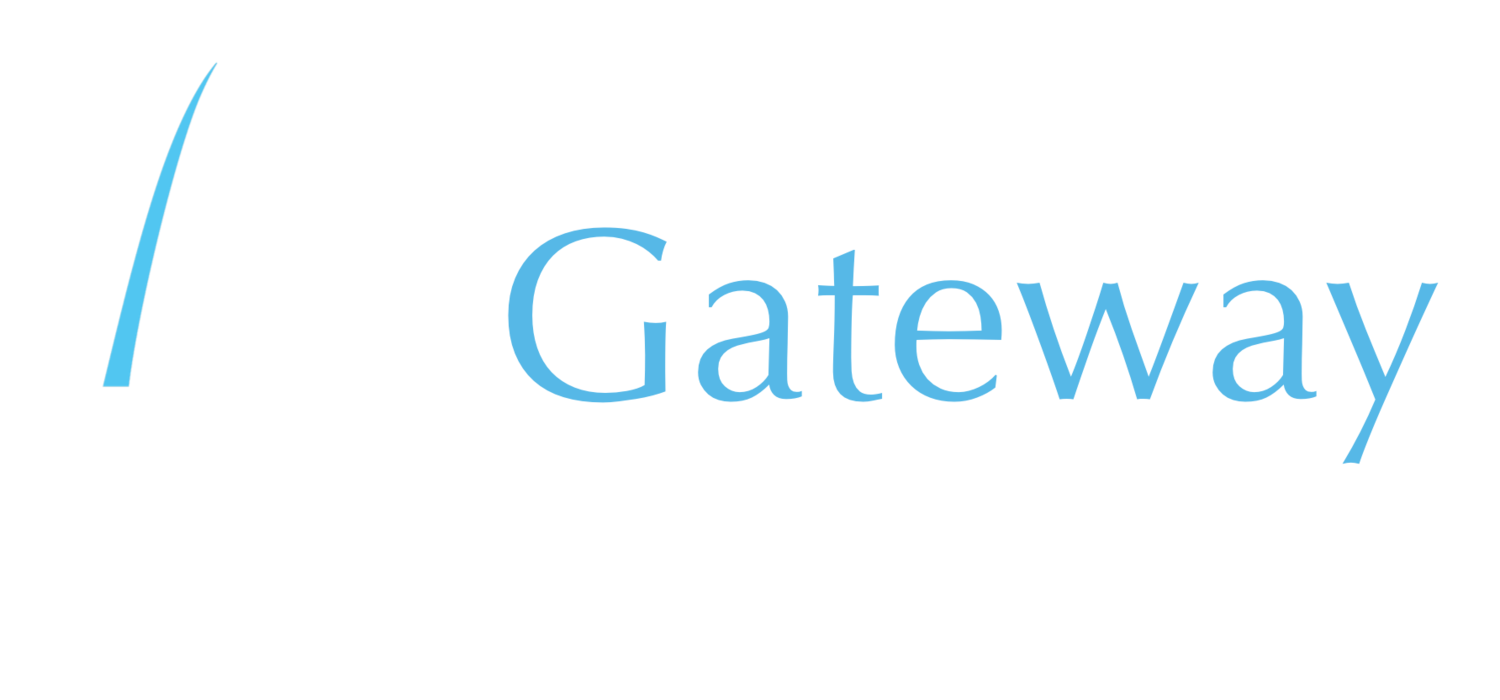Psychotherapy
Do you ever feel too overwhelmed to deal with your problems? If so, you're not alone.
According to the National Institute of Mental Health, more than a quarter of American adults experience depression, anxiety or another mental disorder in any given year. Others need help coping with a serious illness, losing weight or stopping smoking. Still others struggle to cope with relationship troubles, job loss, the death of a loved one, stress, substance abuse or other issues. And these problems can often become debilitating.
What is psychotherapy?
A psychologist can help you work through such problems. Through psychotherapy, psychologists help people of all ages live happier, healthier and more productive lives.
In psychotherapy, psychologists apply scientifically validated procedures to help people develop healthier, more effective habits. There are several approaches to psychotherapy — including cognitive-behavioral, interpersonal and other kinds of talk therapy — that help individuals work through their problems.
Psychotherapy is a collaborative treatment based on the relationship between an individual and a psychologist. Grounded in dialogue, it provides a supportive environment that allows you to talk openly with someone who’s objective, neutral and nonjudgmental. You and your psychologist will work together to identify and change the thought and behavior patterns that are keeping you from feeling your best.
By the time you’re done, you will not only have solved the problem that brought you in, but you will have learned new skills so you can better cope with whatever challenges arise in the future.
When should you consider psychotherapy?
Because of the many misconceptions about psychotherapy, you may be reluctant to try it out. Even if you know the realities instead of the myths, you may feel nervous about trying it yourself.
Overcoming that nervousness is worth it. That’s because any time your quality of life isn’t what you want it to be, psychotherapy can help.
Some people seek psychotherapy because they have felt depressed, anxious or angry for a long time. Others may want help for a chronic illness that is interfering with their emotional or physical well-being. Still others may have short-term problems they need help navigating. They may be going through a divorce, facing an empty nest, feeling overwhelmed by a new job or grieving a family member's death, for example.
Signs that you could benefit from therapy include:
- You feel an overwhelming, prolonged sense of helplessness and sadness.
- Your problems don't seem to get better despite your efforts and help from family and friends.
- You find it difficult to concentrate on work assignments or to carry out other everyday activities.
- You worry excessively, expect the worst or are constantly on edge.
- Your actions, such as drinking too much alcohol, using drugs or being aggressive, are harming you or others.
Adapted from the American Psychological Association, Understanding Psychotherapy and How It Works.


